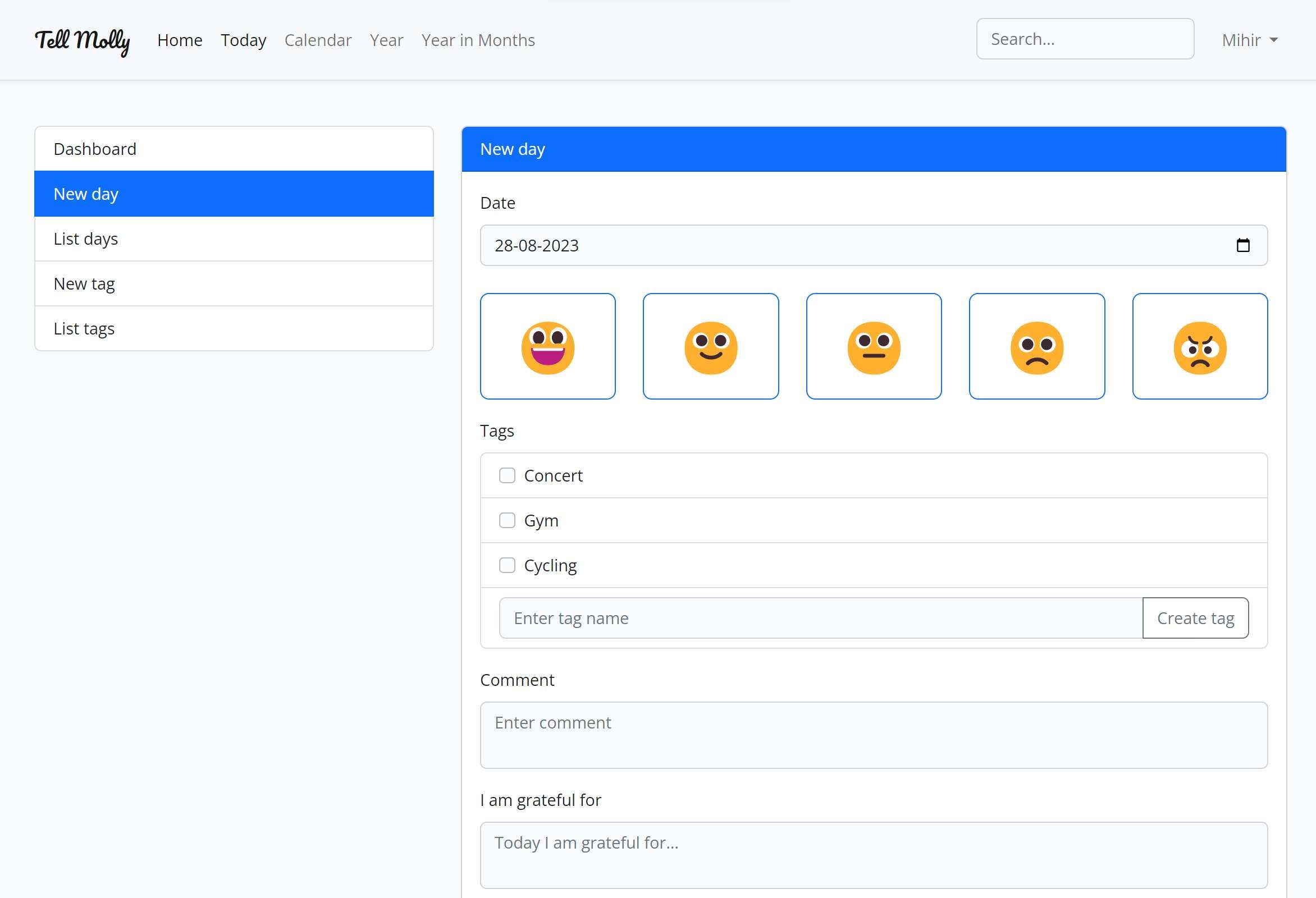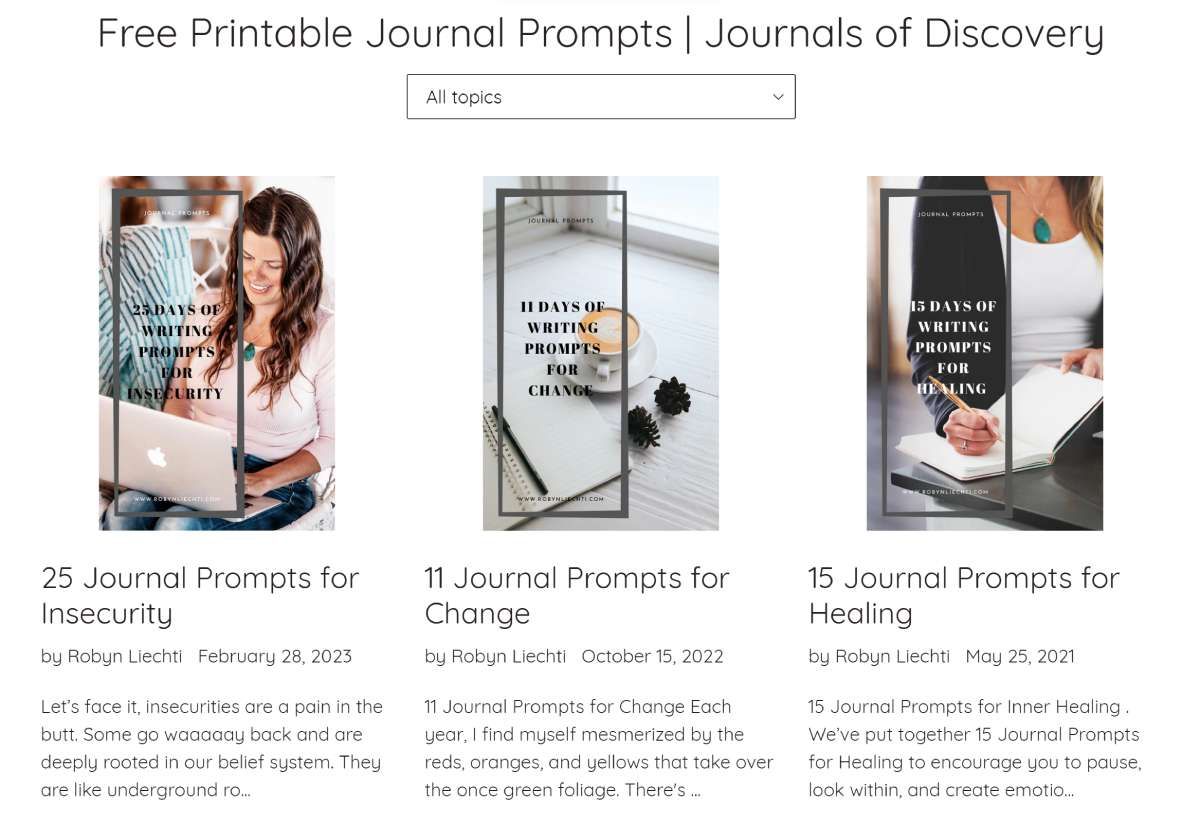Journaling is one of the best practices for improving your mental health through introspection. But if you’re new to the method, you may have trouble knowing what to write about each day. These guided journaling apps will provide new daily prompts and ideas that inspire you to think about them and write an entry that comes from the heart.
1. Reflection (Web, Android, iOS): Daily Prompts, Quotes, and Guided Reviews
Reflection is a beautiful web and mobile app for your daily journaling needs, ideal for beginners. THE Today The tab keeps things simple by giving you a daily inspirational question that you can write about. Importantly, it doesn’t limit you to this if it doesn’t apply to you. In the Inspiration In the section, you’ll get a set of questions, motivational quotes from famous people, or quick templates that you can customize in advance.
Writing your daily entry is also a quick and easy process. In fact, Reflection’s speed makes it ideal as micro-journaling app for quick entries and even several entries per day. You’ll also see information about your journaling streak and be able to revisit a random past entry to reflect on it.
Reflection focuses on reviewing your journal entries monthly and annually and includes a guided process for doing so. You’ll review your strengths and weaknesses, reflect on them in six key areas (mind, body, soul, work, play, love), and set your intentions for the month or year ahead. The app also includes several other guides for other mindfulness practices, but many of them are only available in the paid version.
Download: Reflection for Android | iOS (Free)
2. Waffle (Android, iOS): Shared journal with daily prompts and questions
Waffle believes that not all reviews need to be private. Sometimes it’s helpful to share these journal entries with family, partners, friends, or even therapists. The app makes it easy to create one or more shared journals and gives you topics to write about.
When you create a new journal, you will be asked who you want to share it with. Choose wisely, because the built-in Waffle AI will issue daily prompts based on your choice, as well as your writing style, so you can improve communication with other participants. You can choose to turn off this AI and simply get a new prompt from Waffle’s built-in repository of current affairs questions for each group type.
You can also manually create a new question for the group or create a new post about a certain event that day, like a birthday or celebration. Waffle lets you add photos to posts, so you can even use it as a bit of a daily social network to connect with your loved ones and see what they’re going through and don’t want to talk about online at all. world. world.
Download: Waffle for Android | iOS (Free)
3. Tell Molly (Web): Quick and easy entries for those who don’t want to write a lot
Tell Molly is a mood and reflection journal ideal for those who have trouble thinking about what to write. The interface is simple and aimed more at helping you quickly record your feelings or mental state without requiring you to write a lengthy entry.
The app offers five mood emojis to choose how your day goes. Then choose from a set of tags or create new tags. It’s much easier to click on a tag like “gym” to note that you worked out today and record it directly in a calendar rather than writing a note like “I I had a good workout today.”
Then comes the Comment section, which you can use as a general journal entry to write down any other thoughts you have about that day. And finally, Tell Molly invites you to write a gratitude journal input, by composing it into 255 characters. The limited number of characters also helps you filter your thoughts for clear and concise entry.
In the Tell Molly dashboard, you can get stats like how many excellent, good, or average days you’ve had since you started journaling or in the last 30 days. You can also look at the calendar view of all your entries and filter them by tags to see your patterns.
4. Monkey Journal (Web): Prompt Generators for Deep Writing, Self-Discovery, and Mindfulness
Journal Monkey is a website dedicated to collecting and generating journal writing prompts for a variety of exercises. This is not a journal app where you can write an article, so you are free to use any of the best journaling apps for a daily journal, and rely on the site to get a prompt. There are several different prompt generators, such as:
- In-Depth Writing Prompt Generator: For deep questions about your life (hopes, memories, plans, values, choices) or deep questions about your beliefs, ethics, personal opinions and personal philosophy.
- Mindfulness Prompt Generator: For prompts for a gratitude journal, intention journal, self-reflection, body scan, and mindfulness habits. You can randomize between these or choose a category to generate more questions.
- Gratitude Journal Prompts for Kids: It’s never too early to get kids into the habit of journaling, and a gratitude journal has been proven to be one of the most effective ways to start this mental health habit. Journal Monkey has a generator for creating new prompts, especially for children.
Aside from that, you’ll also find prompt generators for self-esteem, depression, anxiety, self-love, and positive journaling. All generators are free and it’s as simple as clicking the button until you find a prompt that inspires an entry.
5. Robyn Liechti (Web, Printable): Guided Self-Care Journals for Different Intentions
Robyn Liechti has written several guided self-care journals, such as The Making of a Mother or The Making of a Strong Woman, which are available for purchase in print. But if you don’t want to spend on that, she also has a collection of free printable journal prompts.
These are definitely aimed at journaling beginners, with topics including beginners, parenting, self-love, gratitude, children, stress and anxiety relief, healing, change and insecurity. Most of them are month-long journaling exercises so you can follow a new prompt daily.
Again, these do not include space to write your entry. You can use the best sites for keeping an online journal or grab a physical journal to write by hand and add the printed prompts as the first page.
Not necessarily a daily habit
With so many different ways to get a new daily prompt, you may no longer have any excuses not to write that journal entry every day. But while keeping a daily journal is best practice, there’s no rule that says you have to stick to this schedule.
You are free to write a weekly journal or even three times a week. The goal is to cultivate a habit of introspection, and if a non-daily schedule makes it easier for you to stick to that routine, then there’s nothing wrong with that.
FAQs
Q: What are the different types of logging?
There are many types of journaling, each with their own benefits and purposes. For example, there is food diary to track what you eata gratitude journal to remind yourself of the things you are grateful for, travel journal to create memorable travel diariesand a bullet journal to track your goals, tasks, and appointments.
Q: Are guided journals worth it?
If you’re new to journaling and looking for help making it a habit, guided journals are a great investment because they include prompts and questions that encourage you to introspect and focus on specific areas of your mental well-being and life. general. Unlike a regular journal, guided journals tell you what to write and think.



